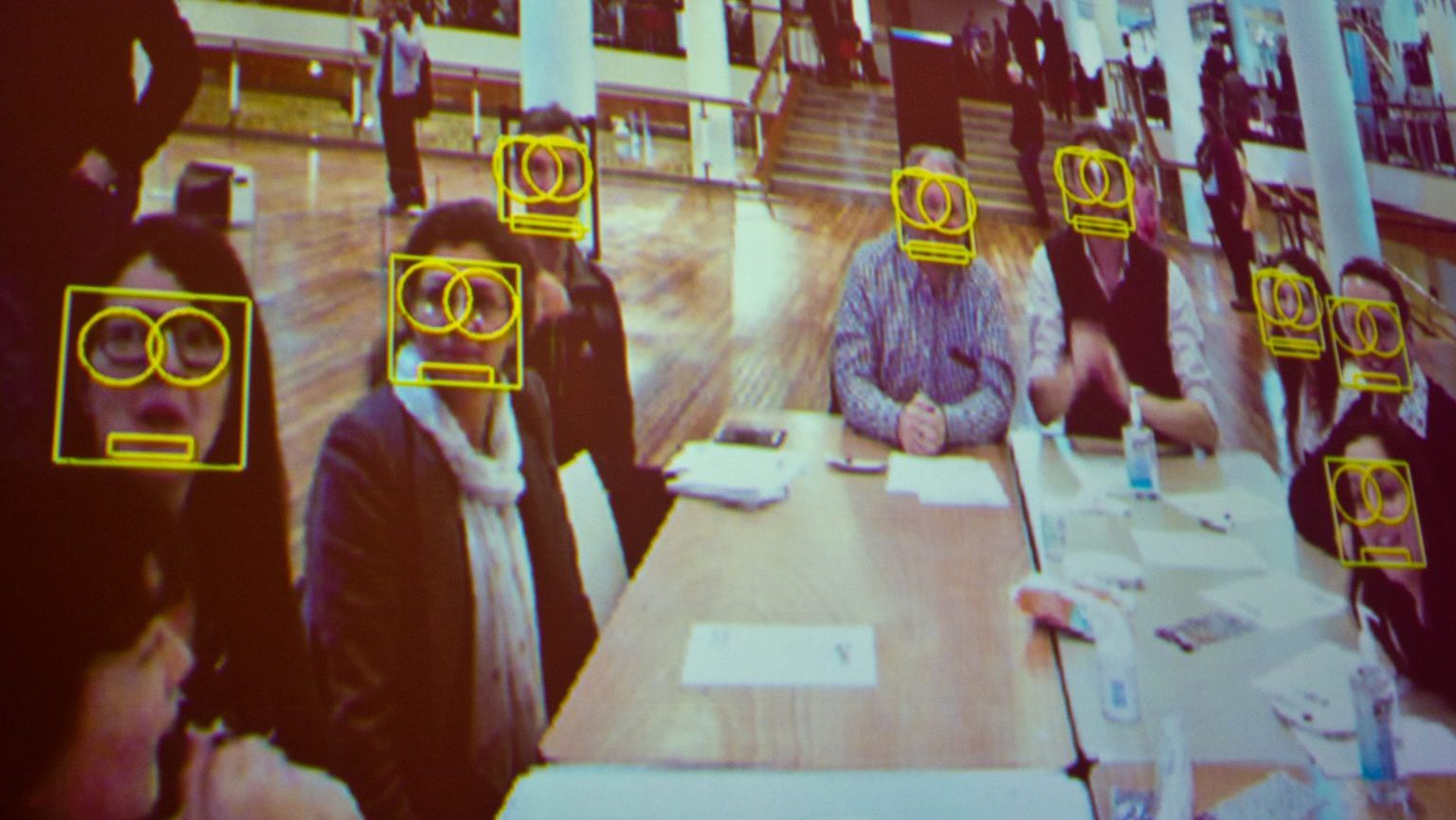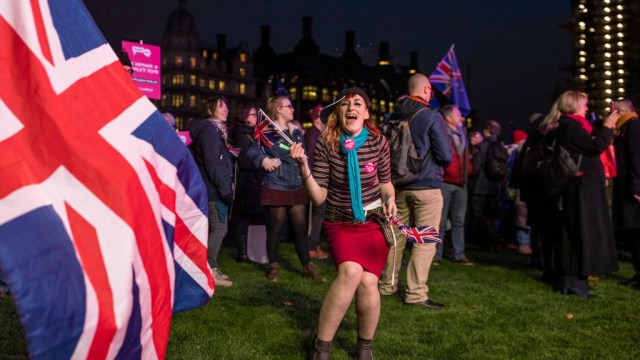ACLU urges Amazon, Microsoft & Google not to sell face recognition tech to government

Photo credit: Ian Waldie / Getty Images
- The coalition argues that government agencies might abuse facial recognition technology.
- Google and Microsoft have expressed concern about the potential problems of facial recognition technology.
- Meanwhile, Amazon has been actively marketing the technology to law enforcement agencies in the U.S.
A coalition comprised of more than 85 civil, immigrants’ and human rights groups, including the American Civil Liberties Union, is urging Google, Microsoft and Amazon not to sell facial recognition technology to the U.S. government.
Why? In letters sent to the companies, the protesters argue that facial recognition technology will make it dangerously easy for the government to surveil the public, especially immigrants and minority groups.
“History has clearly taught us that the government will exploit technologies like face surveillance to target communities of color, religious minorities, and immigrants,” said Nicole Ozer, Technology and Civil Liberties director for the ACLU of California. “We are at a crossroads with face surveillance, and the choices made by these companies now will determine whether the next generation will have to fear being tracked by the government for attending a protest, going to their place of worship, or simply living their lives.”
Google and Microsoft show restraint. Amazon moves forward.
In December, Google CEO Sundar Pichai told The Washington Post that tech companies need to start setting ethical guidelines to prevent abuse before selling certain A.I. tools. “I think tech has to realize it just can’t build it and then fix it,” Pichai said. “I think that doesn’t work.”
Microsoft President Brad Smith issued a blog post in December calling for the government to implement regulation for facial recognition technology, citing three main areas of concern: bias, privacy, and mass government surveillance.
“The facial recognition genie, so to speak, is just emerging from the bottle,” he wrote, adding that regulation is necessary because tech companies shouldn’t be ‘forced to choose between social responsibility and market success.'”
Amazon, meanwhile, doesn’t seem as concerned about unleashing facial recognition technology onto the world. As the ACLU points out, Amazon CEO Jeff Bezos has acknowledged the company’s products might put to “bad uses,” but argued the solution was to wait for society’s natural “immune response” to solve the problems.
Unlike Google and Microsoft, Amazon has been actively marketing this technology to law enforcement agencies across the country, including the FBI and U.S. Immigration and Customs Enforcement (ICE). In May, a coalition of civil rights groups sent a letter that read, in part:
“Amazon Rekognition is primed for abuse in the hands of governments. This product poses a grave threat to communities, including people of color and immigrants, and to the trust and respect Amazon has worked to build.”
The bias problem with facial recognition technology
In addition to concerns about government surveillance and privacy, facial recognition technology seems to have problems with gender and racial bias.
In July, the ACLU conducted a test of Amazon’s Rekognition technology, which compared all 535 members of Congress against 25,000 public mugshots. The results showed that about 40 percent of the technology’s false matches were people of color, even though only 20 percent of the current members of Congress are people of color.
Another study, published by MIT researchers in February 2018, showed that facial recognition technology developed by IBM, Microsoft, and Face++ showed significantly higher error rates when attempting to match faces of dark-skinned women compared to light-skinned men. These problems might stem from a lack of diversity, or inadequate photography, in the training images the recognition technology is exposed to, some have suggested. Microsoft says it’s since significantly reduced the error rate of its technology.
In any case, these problems highlight how error-prone facial recognition technology could potentially exacerbate racial bias in criminal investigations.





